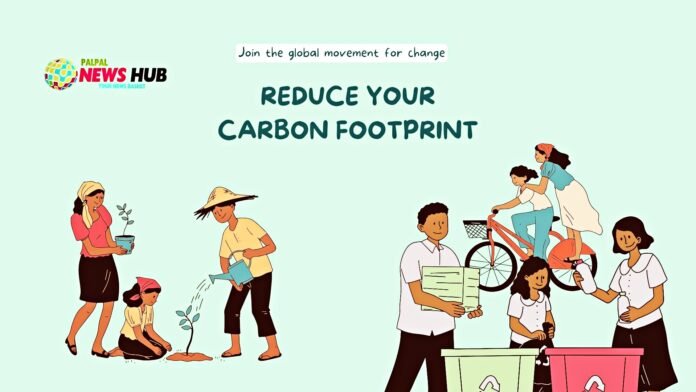
Reducing carbon footprint has become a pressing concern in today’s world, as the effects of climate change become increasingly evident. While governments and organizations play a crucial role in implementing large-scale changes, individuals can also make a significant impact by adopting sustainable practices in their daily lives. This article explores various ways in which individuals can contribute to reducing their carbon footprint.
1. Energy Conservation
One of the most effective ways to reduce carbon emissions is by conserving energy. Simple actions such as turning off lights and appliances when not in use, using energy-efficient light bulbs, and optimizing heating and cooling systems can make a noticeable difference. Additionally, considering renewable energy sources like solar panels for homes can further reduce reliance on fossil fuels.
2. Sustainable Transportation
Transportation is a major contributor to carbon emissions. Individuals can reduce their carbon footprint by opting for sustainable transportation methods. This includes using public transportation, carpooling, biking, or walking for shorter distances. If owning a car is necessary, choosing a fuel-efficient vehicle or exploring electric car options can significantly reduce emissions.
3. Waste Reduction and Recycling
Reducing waste and recycling are essential practices for minimizing carbon footprint. By reducing the amount of waste generated, individuals can decrease the energy required for waste disposal. This can be achieved by practicing the 3Rs: Reduce, Reuse, and Recycle. Avoiding single-use items, opting for reusable alternatives, and separating recyclable materials are effective ways to contribute to waste reduction and recycling efforts.
4. Sustainable Food Choices
The food industry is a significant contributor to greenhouse gas emissions. Individuals can make sustainable food choices by opting for locally sourced and organic produce. Reducing meat consumption, particularly beef and lamb, can also have a positive impact on carbon footprint, as the meat industry is responsible for a substantial amount of emissions. Additionally, minimizing food waste by planning meals and composting can further contribute to a sustainable food system.
5. Water Conservation
Water conservation is closely linked to energy conservation, as energy is required for water treatment and distribution. By adopting simple practices such as fixing leaky faucets, using water-efficient appliances, and reducing water usage, individuals can reduce their carbon footprint. Additionally, collecting rainwater for gardening purposes can help conserve water resources.
6. Education and Advocacy
Individuals can contribute to reducing their carbon footprint by educating themselves and others about the importance of sustainability. By staying informed about environmental issues and sharing knowledge with friends, family, and communities, individuals can create a ripple effect of positive change. Additionally, supporting and advocating for policies and initiatives that promote sustainability can have a broader impact on reducing carbon emissions.









































